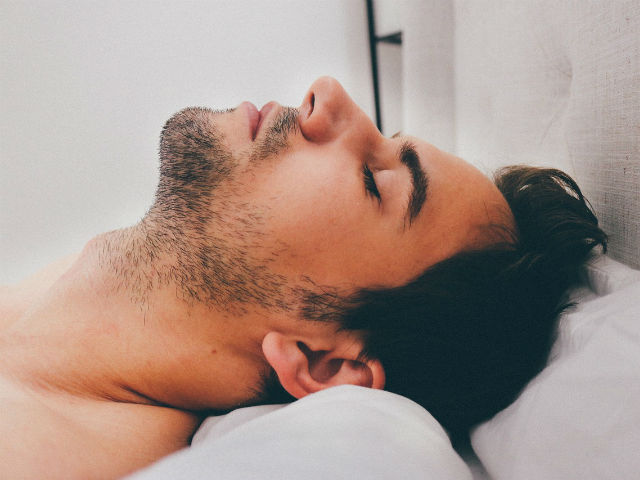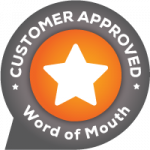Sleep Apnoea Treatment Melbourne
What is Sleep Apnoea?
Do you wake up feeling like you’ve barely slept? If mornings leave you groggy, sluggish, and desperate for another coffee, sleep apnoea might be to blame. This common sleep disorder causes repeated pauses in breathing during sleep, leading to poor rest and long-term health risks if left untreated.
If you’re searching for sleep apnoea treatment in Melbourne, our experienced team at Mitcham Dental Clinic can help.
How is sleep apnoea a dental issue?
Although sleep apnoea is a sleep disorder, it has significant oral health implications. If left untreated, it can lead to:
- Broken, cracked, or missing teeth
- Jaw clenching
- Jaw pain, which could indicate temporomandibular joint disorders (TMJ)
- Pain while chewing
- Teeth grinding (bruxism)
Beyond oral health, sleep apnoea is linked to serious health concerns, including cardiovascular disease, depression, and chronic fatigue. Feeling excessively tired throughout the day can also affect concentration, mood, and your overall wellbeing.
How do you treat Sleep Apnoea?

Struggling with sleep apnoea? You’re not alone, and you don’t have to suffer through sleepless nights.
How we can help you…
As a SomnoMed-accredited practice, we provide tailored sleep apnoea treatment right here in Melbourne, ensuring you get the right care for a better night’s sleep.
A SomnoMed-accredited practice means that our clinic is recognised for providing SomnoMed oral appliances, which are high-quality, custom-fitted devices designed to treat sleep apnoea. These appliances help keep the airway open by gently repositioning the jaw, making them a comfortable and effective alternative to CPAP machines for many patients.
Did you know…
- Around 4.2 million Australians suffer from a sleep breathing disorder, but up to 80% remain undiagnosed.
- Many people are misdiagnosed, leaving them frustrated with treatments that don’t work.
That’s why we take a thorough, personalised approach to finding the right sleep apnoea solutions for you.
How do you treat Sleep Apnoea?
Once you’ve had an assessment, a sleep physician will recommend the best appliance for your condition which we custom make specifically for you.
How does the appliance work?
Each appliance is different, but they are worn at night and generally work by holding the jaw forward which leaves the airway clear so you can breathe easily and enjoy a restful sleep.
Sleep Apnoea FAQs
If you experience any of the following, it might be time to get checked:
- Loud snoring
- Pauses in breathing during sleep
- Daytime sleepiness
- Brain fog and difficulty concentrating
- Waking up with a dry mouth or headache
Not quite! There are three main types:
- Obstructive Sleep Apnoea (OSA): Caused by throat muscles relaxing and blocking airflow.
- Central Sleep Apnoea (CSA): When the brain doesn’t send the right signals to control breathing.
- Mixed/Complex Sleep Apnoea: A combination of both OSA and CSA.
Depending on your condition, options may include:
- Oral Appliances (MAS): Perfect for mild to moderate cases, these reposition the jaw to keep your airway open.
- CPAP Machines: For more severe cases, CPAP provides a steady airflow to prevent airway collapse.
- Lifestyle Adjustments: Weight management, reduced alcohol intake, and better sleep posture can help too.
Surgery is a last resort for severe cases, but non-invasive treatments like oral appliances and CPAP therapy are usually recommended first.
Related Dental Articles
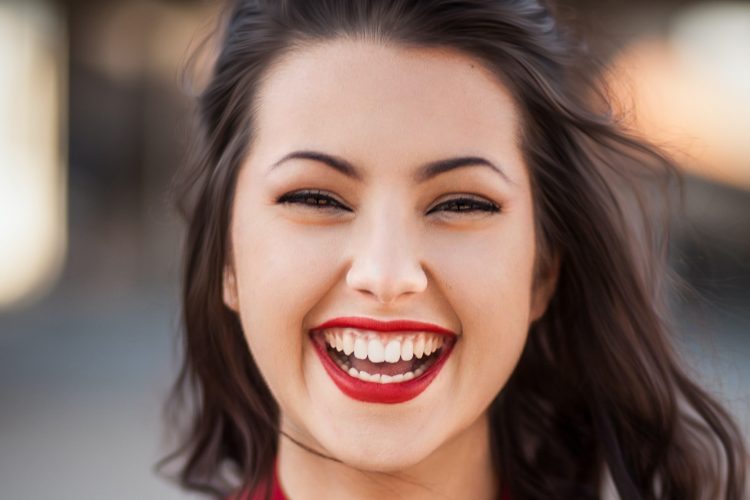
6 must follow Oral Hygiene Routines
Oral Hygiene Routine not just involves brushing our teeth. We need to follow certain routine to keep our teeth &...
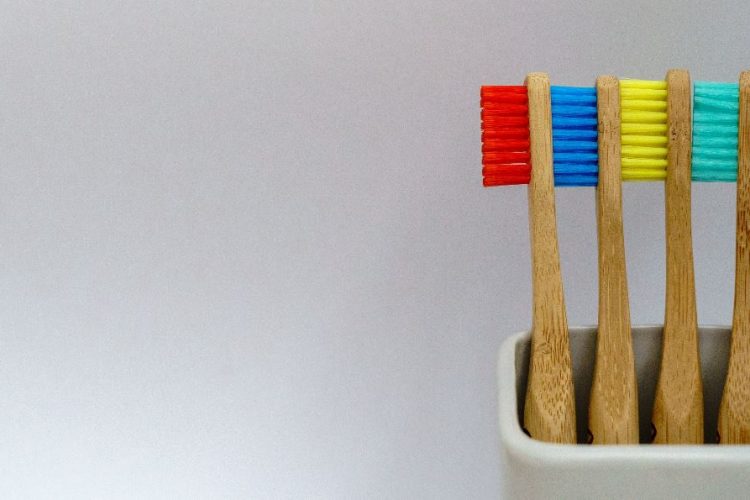
7 Dental Hygiene Tips for a Healthy Smile
“A smiling face is a beautiful face. A smiling heart is a happy heart!” Taking care of your dental hygiene...
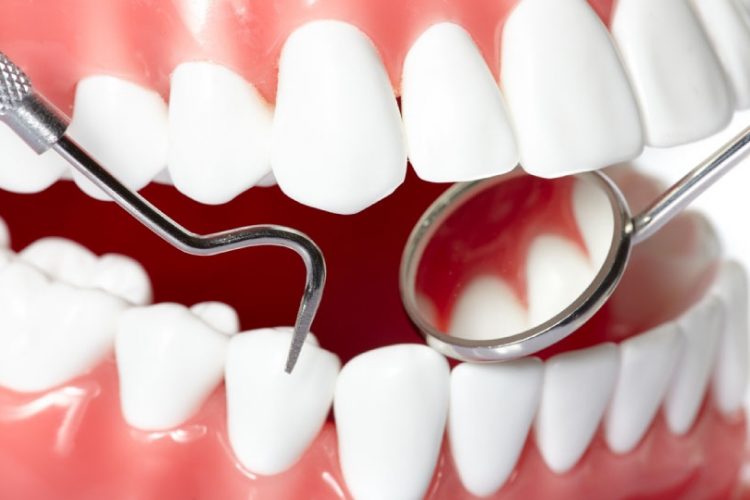
What Is Oral Hygiene?
What is Oral Hygiene? - Oral hygiene is the process towards keeping one's mouth spotless and liberated from any ailments...

